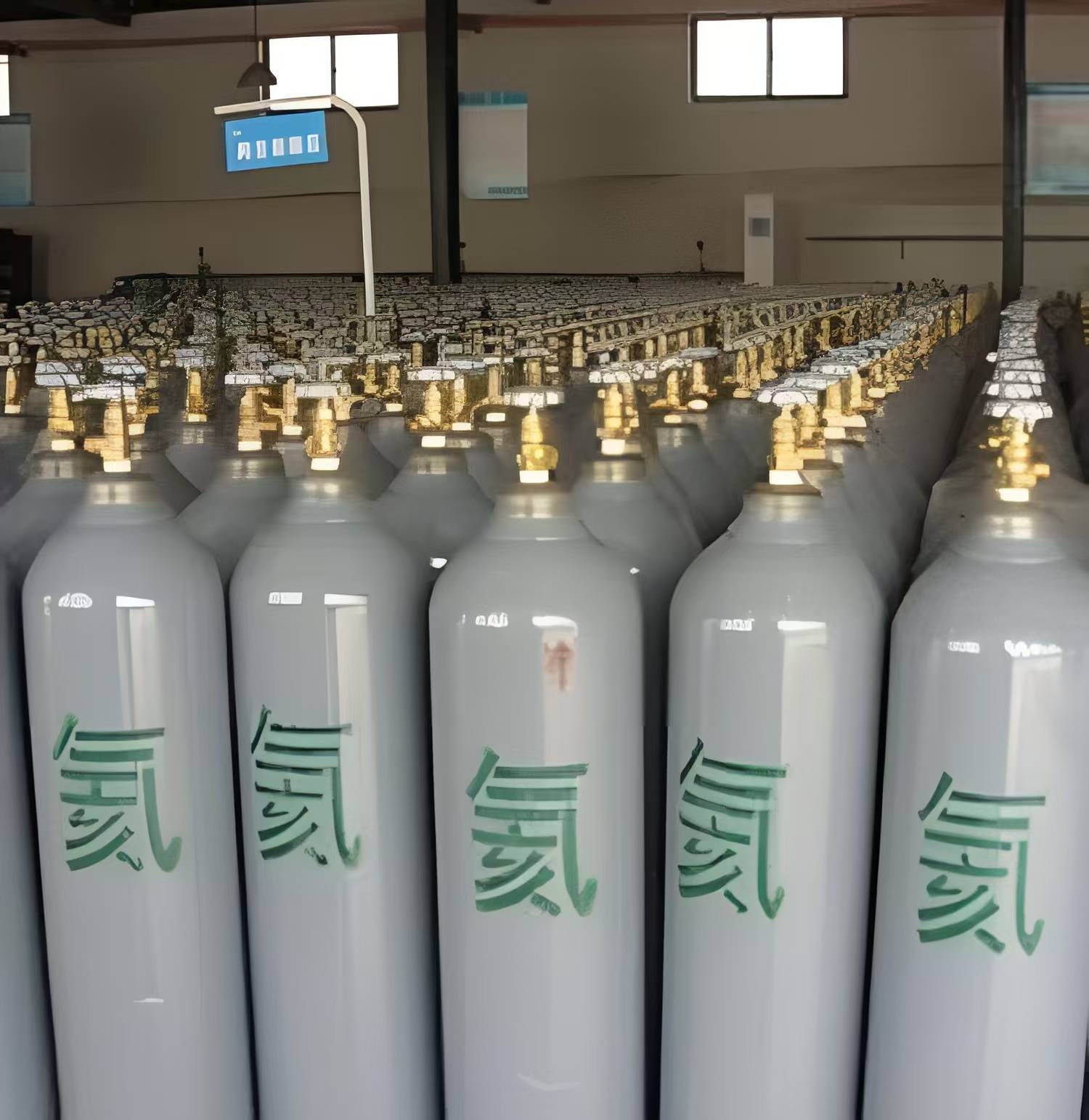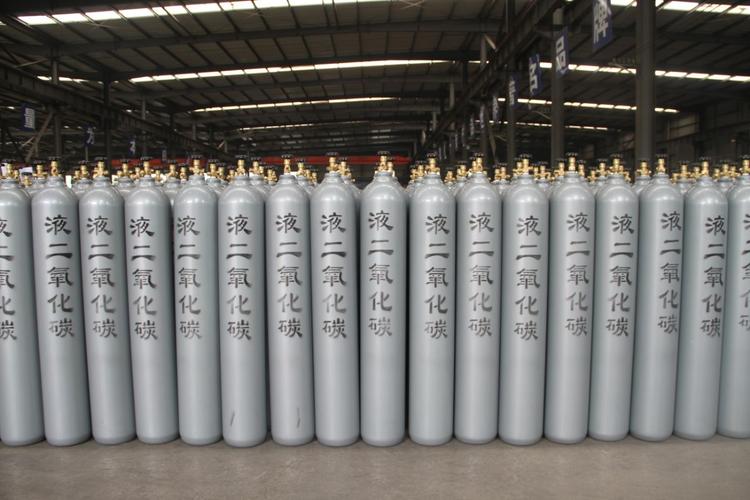Gaseous properties of hydrogen
Release Time:
Sep 06,2024
Hydrogen is a chemical element that is one of the most abundant elements in the universe. Here are some of the gaseous properties of hydrogen:
Hydrogen is a chemical element that is one of the most abundant elements in the universe. Here are some of the gaseous properties of hydrogen:
1, colourless and odourless: Hydrogen is colourless and odourless, which makes it hard to detect in the air.
2, low density: Hydrogen is the lightest element, its atomic mass is very small. Therefore, its density is also very low, about 14 times lighter than air.
3, high combustibility: Hydrogen is an extremely flammable gas. When reacting with oxygen, it produces high temperatures and bright flames, releasing large amounts of energy.
4, high thermal conductivity: Hydrogen has a high thermal conductivity, which means that it can quickly transfer heat to its surroundings.
5, low freezing point and boiling point: the freezing point of hydrogen under standard gas pressure is -259.16 degrees Celsius (14.009K), boiling point is -252.87 degrees Celsius (20.28K). These extremely low temperatures make hydrogen very rare in both liquid and solid states.
6, insoluble in water: Hydrogen does not readily dissolve in water at room temperature, although at high pressure and low temperatures, hydrogen can react with water to form hydroxides.
7, reactivity with other elements: hydrogen can react with many elements to form various compounds. For example, it reacts with oxygen to form water and with nitrogen to form ammonia.
8, metalised under high pressure: under very high pressure, hydrogen can exhibit the properties of a metal, known as ‘metallic hydrogen’. In this state, hydrogen can conduct electricity and so on.
Overall, the gaseous properties of hydrogen make it useful in many areas, including energy production, industrial processes and scientific research. Here are some of the properties of hydrogen and the applications associated with it:
1, high combustibility: Hydrogen is a very flammable gas, which produces a high-temperature flame when reacting with oxygen, releasing a large amount of energy. This characteristic makes hydrogen has a wide range of applications in the field of energy, such as hydrogen fuel cells, hydrogen can be generated by reacting with oxygen to produce electricity, while only producing water as a by-product, without producing pollutants.
2, low density: hydrogen's low density makes it a lightweight gas that is used in aircraft such as hydrogen balloons and hydrogen blimps, because it can provide lift, allowing the aircraft to lift off and fly.
3. Energy storage: Hydrogen is seen as a potential clean energy storage method due to its high energy density. Hydrogen can be produced by electrolysis of water or other methods and released through hydrogen fuel cells when energy is needed.
4. Chemical reactions: Hydrogen is used as a reducing agent in many chemical industrial processes. It can react with many substances, such as hydrogenation, for the synthesis of chemicals.
5, the semiconductor industry: hydrogen in the semiconductor industry as a cleaning and annealing gas. It can remove surface contaminants, providing a pure working environment.
Hydrogen welding: Hydrogen is used in metal processing for hydrogen welding and hydrogen cutting. Hydrogen welding in some cases can provide higher thermal efficiency and less oxidation.
7, nuclear fuel: hydrogen and deuterium isotopes combined to form heavy water (deuterium oxide), heavy water in nuclear reactors are used as a moderator and coolant.
Overall, the properties of hydrogen allow it to be used in a wide range of applications in energy, industry, aviation, chemistry and many other fields. As the need for clean energy and sustainable development increases, the prospect of hydrogen as a clean energy carrier becomes increasingly important.









